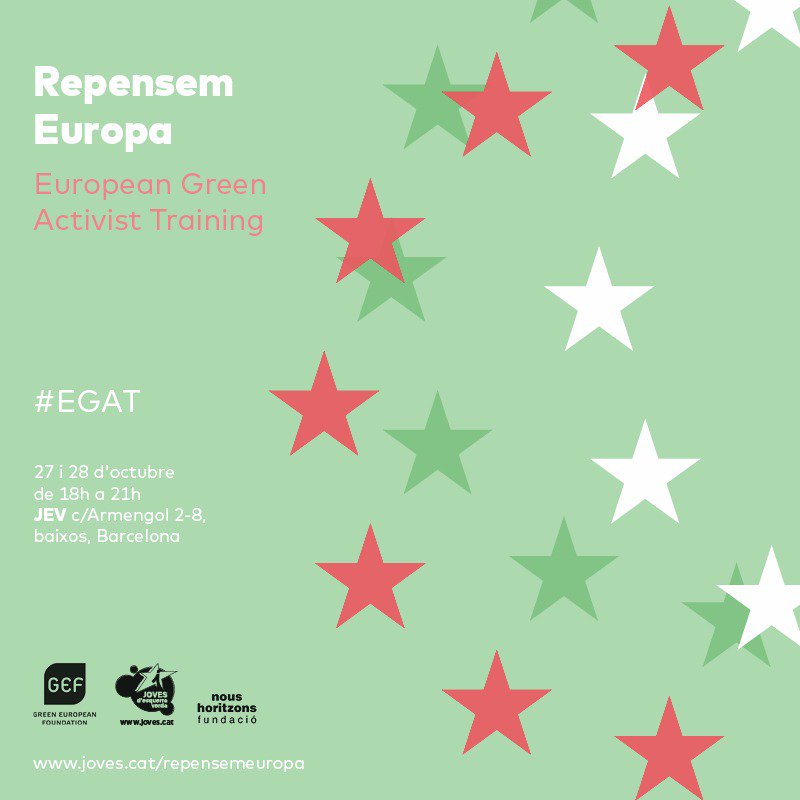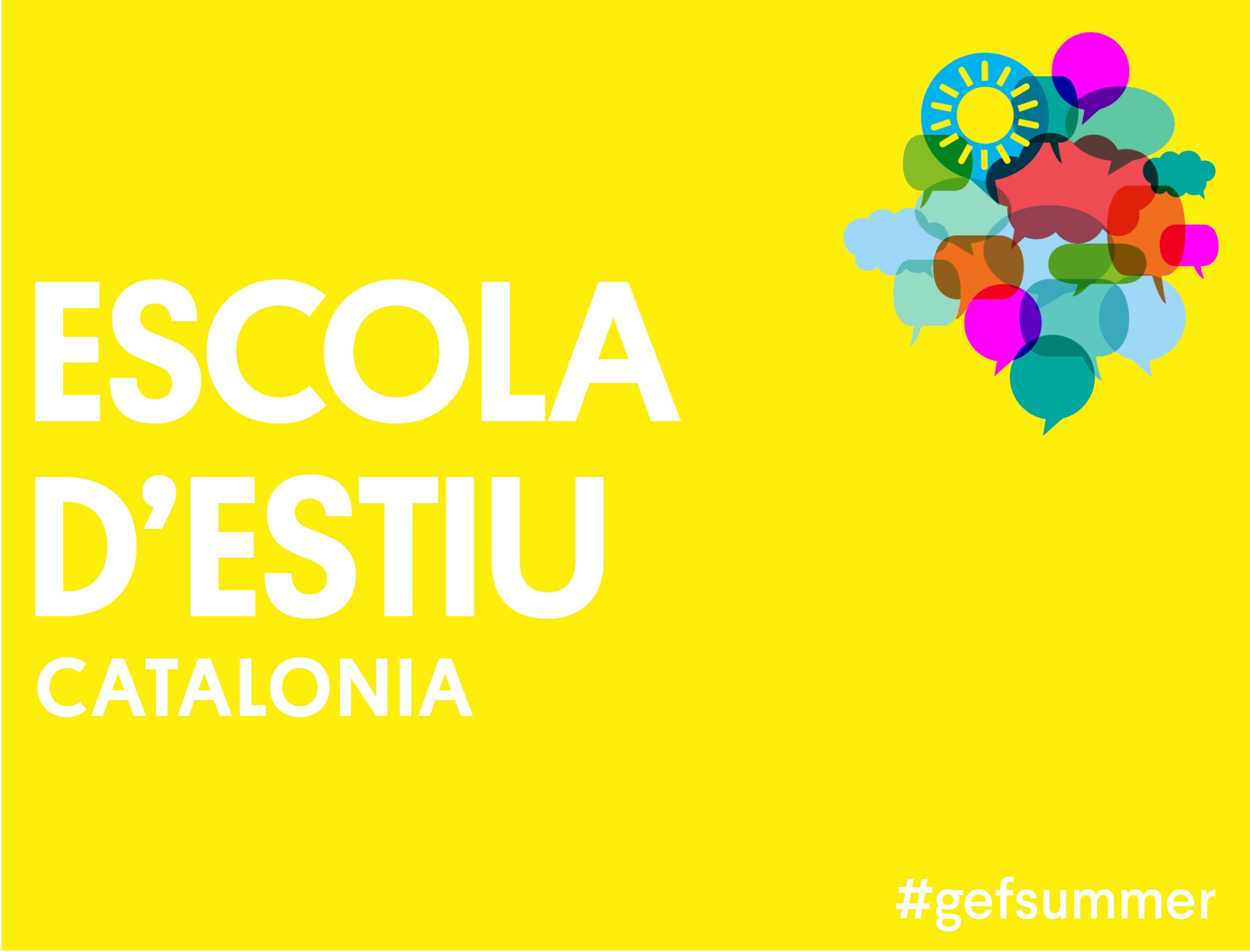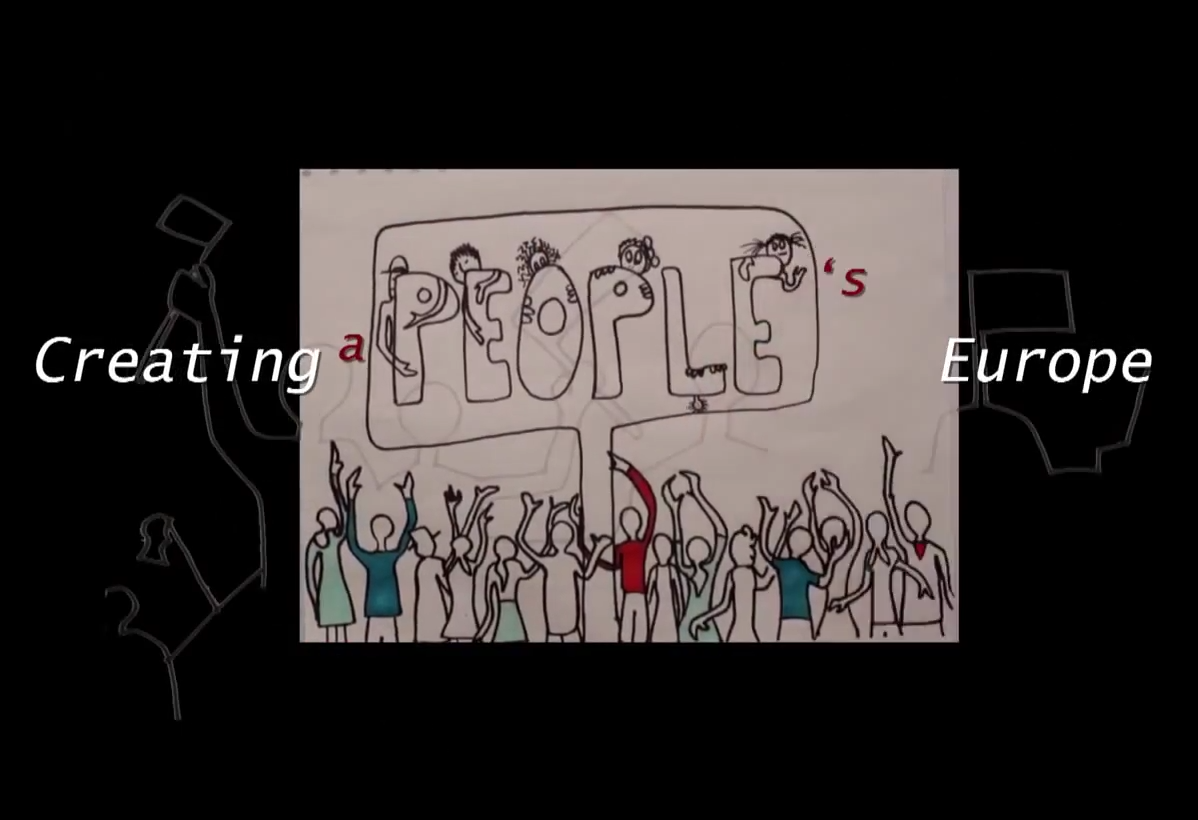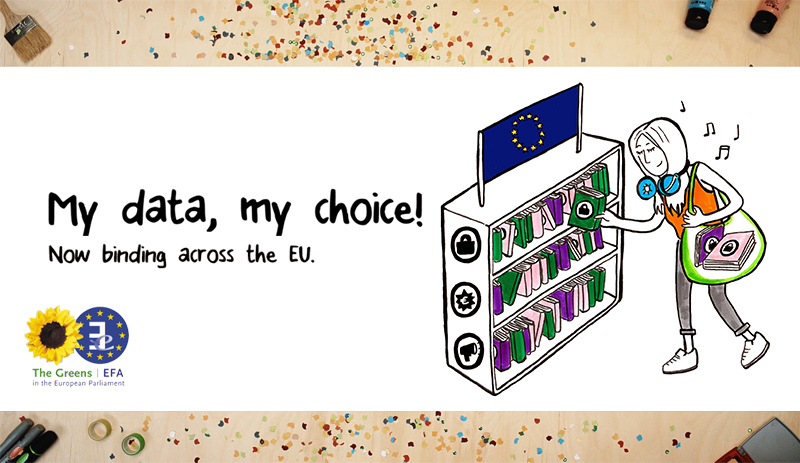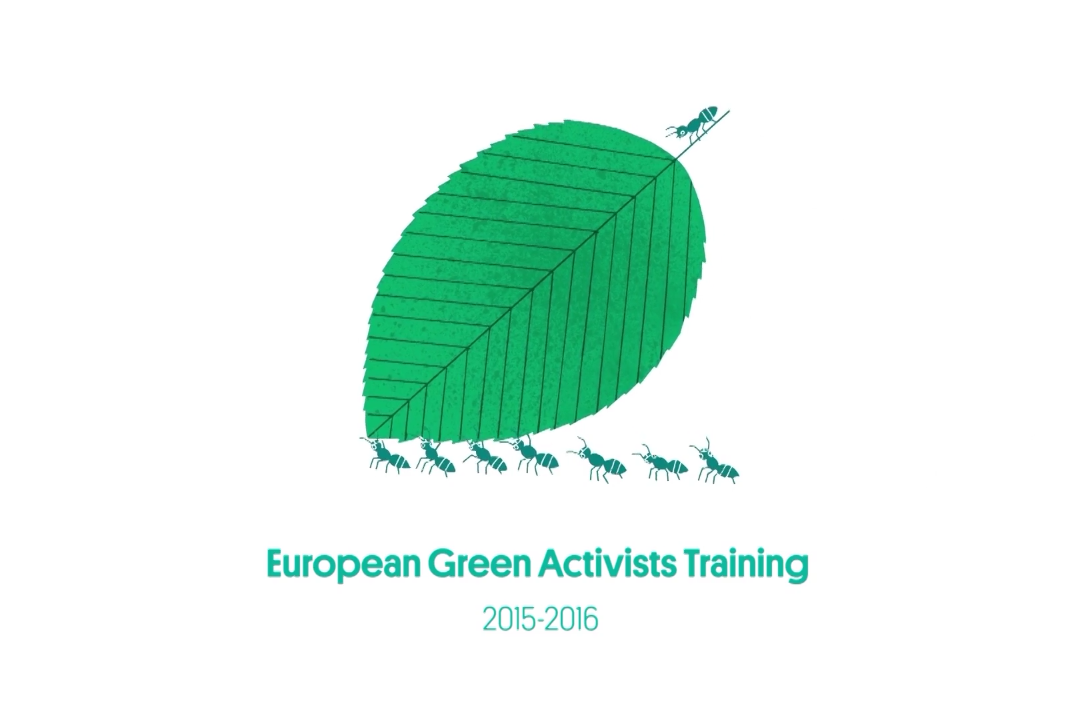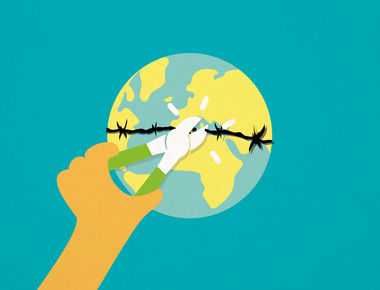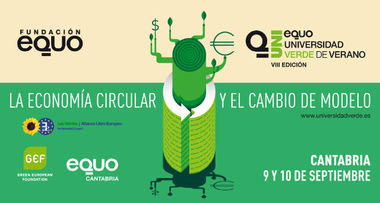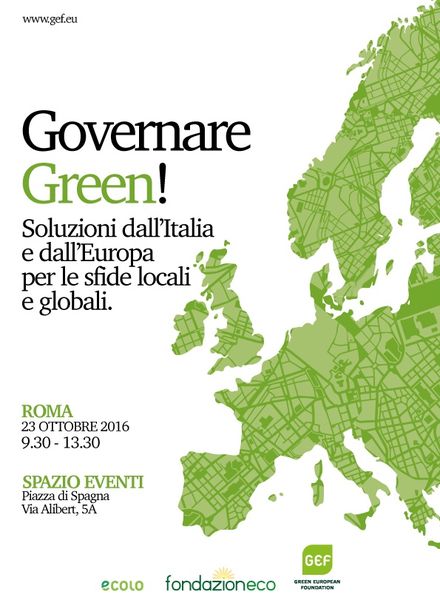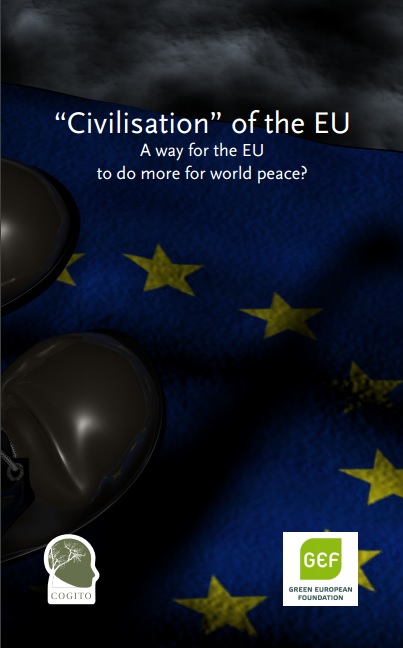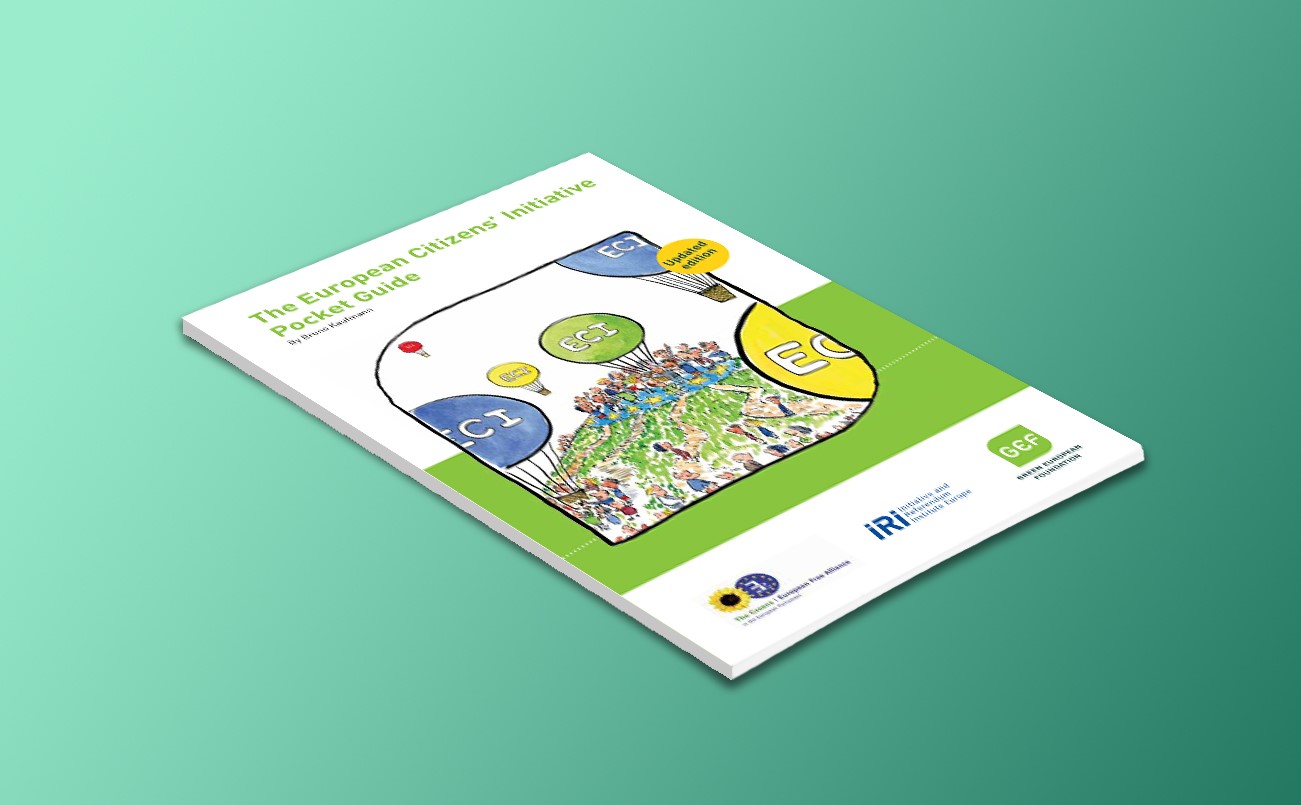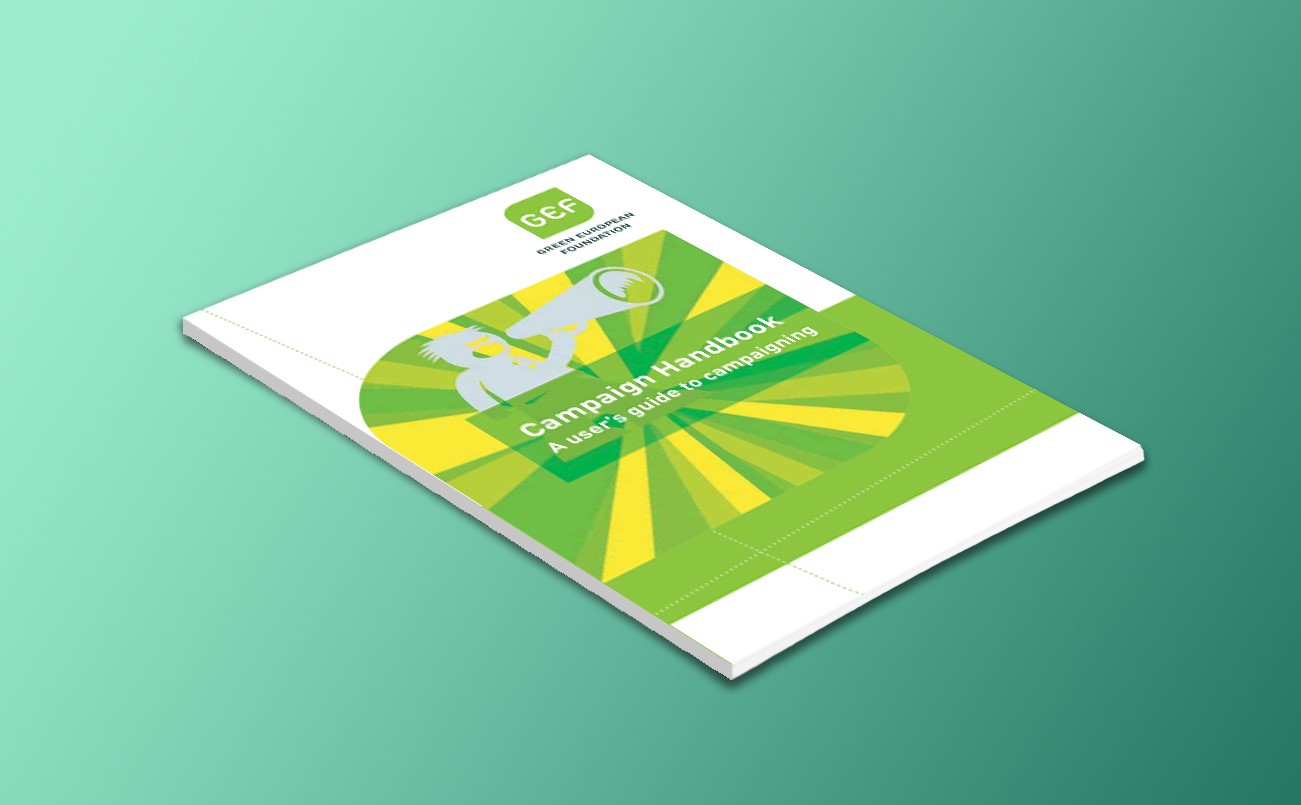This event addressed the scope and the causes of the ongoing crisis in relation to Refugee, Asylum and Migration policies in Europe. Furthermore, it analysed the EU’s lack of political consensus and co-ordination in the process of decision-making and the impact of this situation on the ongoing crisis.
This conference included experts from Europe and the US, as well as from the EU’s southern neighbour regions, who discussed crucial issues of Europe’s asylum and migration policies.
Some of the most important debates that this event aspired to contribute to are:
- What are our responsibilities as Europeans in face of the refugee crisis?
- How do debates in Europe differ between countries? What are the reasons for these differences? And how much common ground will we be able to find?
- How can we create a European refugee policy that enables us to act in solidarity, while also respecting the Geneva Convention?
- Is it possible to establish a European minimum consensus that goes beyond repression and closing the borders? Or will we instead have to form changing and flexible alliances between member states to decide, for example, whether or not to receive refugees or how to cooperate with neighbouring countries that serve as a refuge for refugees and migrant workers?
- How can we create a common EU border regime?
- How can the EU improve co-operation with its neighbours, in order to stabilise Europe’s external borders and improve the conditions for refugees in the initial receiving countries?
PROGRAMME:
DAY 1: Thursday, 26th of May (Open to public)
15h00 Welcome and introduction by Ralf Fücks (President, Heinrich Böll Foundation, Berlin)
15h15 Keynote debate: Europe’s Responsibility – Europe’s Future
Speakers: Sven Biscop (Professor and Director “Europe in the World”, Egmont Royal Institute for International Relations, Brussels), Rosa Balfour (Senior Fellow, The German Marshall Fund of the United States, Brussels) and Ralf Fücks (President, Heinrich Böll Foundation, Berlin)
16h45 Panel: European Realities
Speakers: Pernilla Bäckman (Researcher, Swedish Institute for European Policy Studies, Stockholm), Thanos Dokos (Director-General, Hellenic Foundation for European & Foreign Policy, Athens), Piotr Buras (Head of Warsaw Office, European Council on Foreign Relations, Warsaw), Steffen Angenendt (Head of Research Division, German Institute for International and Security Affairs, Berlin)
18h45 Keynote and Panel: Cosmopolitanism, International Law and National Interests
Speakers: Carol Batchelor, Director of the Division of International Protection, UNHCR, Geneva), Kathleen Newland (Senior Fellow and Co-Founder of the Migration Policy Institute, Washington D.C.), Aboubakr Jamai (Professor and Dean, School of Business and International Relations, IAU College, Aix-en-Provence/Rabat), Rebecca Harms (MEP, Chair, The Greens/EFA, Brussels)
DAY 2: Friday, 27th of May (Closed to public)
10h00 Keynote 1: Europe’s Asylum Policy – A Vision Limited by Realities
Speakers: Lotte Leicht (Advocacy Director, European Union, Human Rights Watch, Brussels) and Yves Pascouau (Director of Migration and Mobility Policies, European Policy Centre, Brussels)
11h30 Debate 1: European Asylum Policy: Shared Responsibilities, Shared Obligations
Speakers: Matthieu Tardis (Research Fellow, Centre for Migration and Citizenship, IFRI, Paris), Maciej Duszczyk (Professor and Head of Research Unit, Centre of Migration Research, Warsaw), Sara Prestianni (ARCI, Roma) and Reinhard Bütikofer (MEP, Chair, The European Green Party, Brussels)
14h00 Keynote 2: Europe’s Border Protection – A Vision Limited by Realities
Gerald Knaus (Chairman, European Stability Initiative, Berlin/Istanbul) and Doris Peschke (General Secretary, Churches’ Commission for Migrants in Europe, Brussels)
15h30 Debate 2: Repelling, Sealing Off, Relocating: Risks and Ramifications of Europe’s Border Protection
Speakers: Andreas Takis (Assistant Professor, Aristotle University, Thessaloniki), Metin Çorabatır (President, Research Center on Asylum and Migration, Ankara), Manuel Sarrazin (German MP, Alliance 90/The Greens, Berlin) and Emina Bužinkić (Activist, Centre for Peace Studies, Zagreb)
LOCATION: Heinrich Böll Foundation, Schumannstraße 8, 10117 Berlin, Germany
LANGUAGES: The conference was translated simultaneously in German/English.
